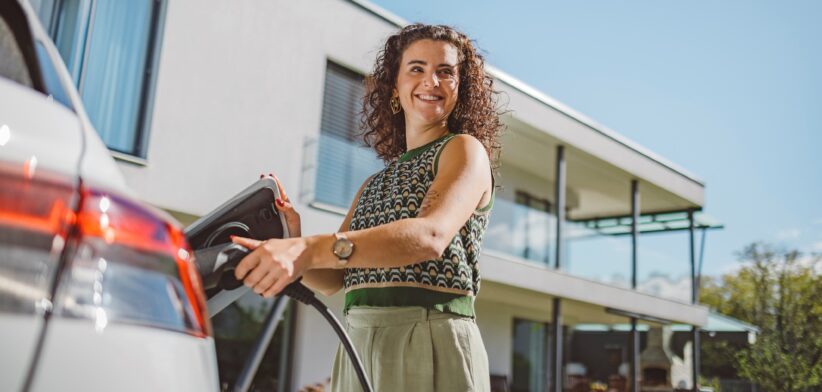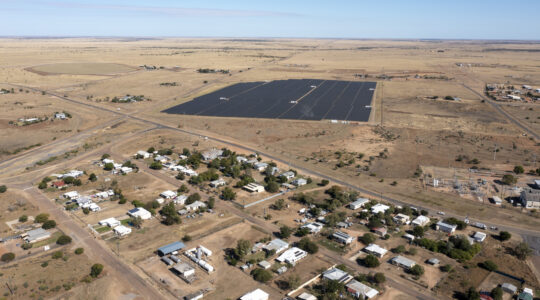More than half of Australian motorists see driving range and battery charging times as the main barriers to purchasing an electric vehicle.
A new report from insurer NRMA showed 82 percent of survey respondents cited “car vehicle attributes” as preventing them from buying.
This included concerns over driving range (54 percent) and recharging time (53 percent).
Survey respondents were also worried about the lack of charging stations and affordability (both 52 percent), as well as battery life (50 percent).
NRMA Insurance CEO Julie Batch said the Changing Gears: The Road Ahead for EV Adoption in Australia report showed a promising shift towards EVs, marked by an exponential increase in sales and a growing awareness of their environmental benefits.
“However, we also acknowledge that significant hurdles remain, including concerns and misconceptions about range, cost, charging infrastructure and safety,” Ms Batch said.
She said the research indicated there was a significant opportunity to escalate EV adoption through greater education.
“We believe that by addressing common misconceptions and highlighting the benefits of EVs, such as the potential to save up to $1000 annually on fuel, we can support a smoother transition to electric mobility.”
The report found uptake in EVs had been strongest among drivers with annual household incomes over $200,000, families with children and those in capital cities.
“It is markedly lower among those who live further from capital cities and among the Baby Boomer generation,” the report stated.
It found sustainability and lower running costs had been the prime drivers of uptake among EV owners to date, with 20 percent of those intending to purchase a vehicle in the next five years considering an EV.
Based on the research, the report made a number of recommendations including:
- Addressing EV education gaps about safety and range anxiety by funding education campaigns to increase familiarity, knowledge and confidence in EVs, and to provide consumers with accurate and up to date information on the state of technology and the marketplace.
- Developing confidence in knowledge of charging station network through providing drivers with clearer information on where and how to charge their electric vehicles, addressing range anxiety and simplifying the charging process.
- Creating repair capacity and an established network by investing in upskilling mechanics and modernising repair supply chains to ensure dependable and convenient EV maintenance.
- Implementing policies and incentives to develop a second-hand EV market that broadens the consumer base able to afford EVs.
- Introducing standardised and mandatory battery health testing and reporting.








